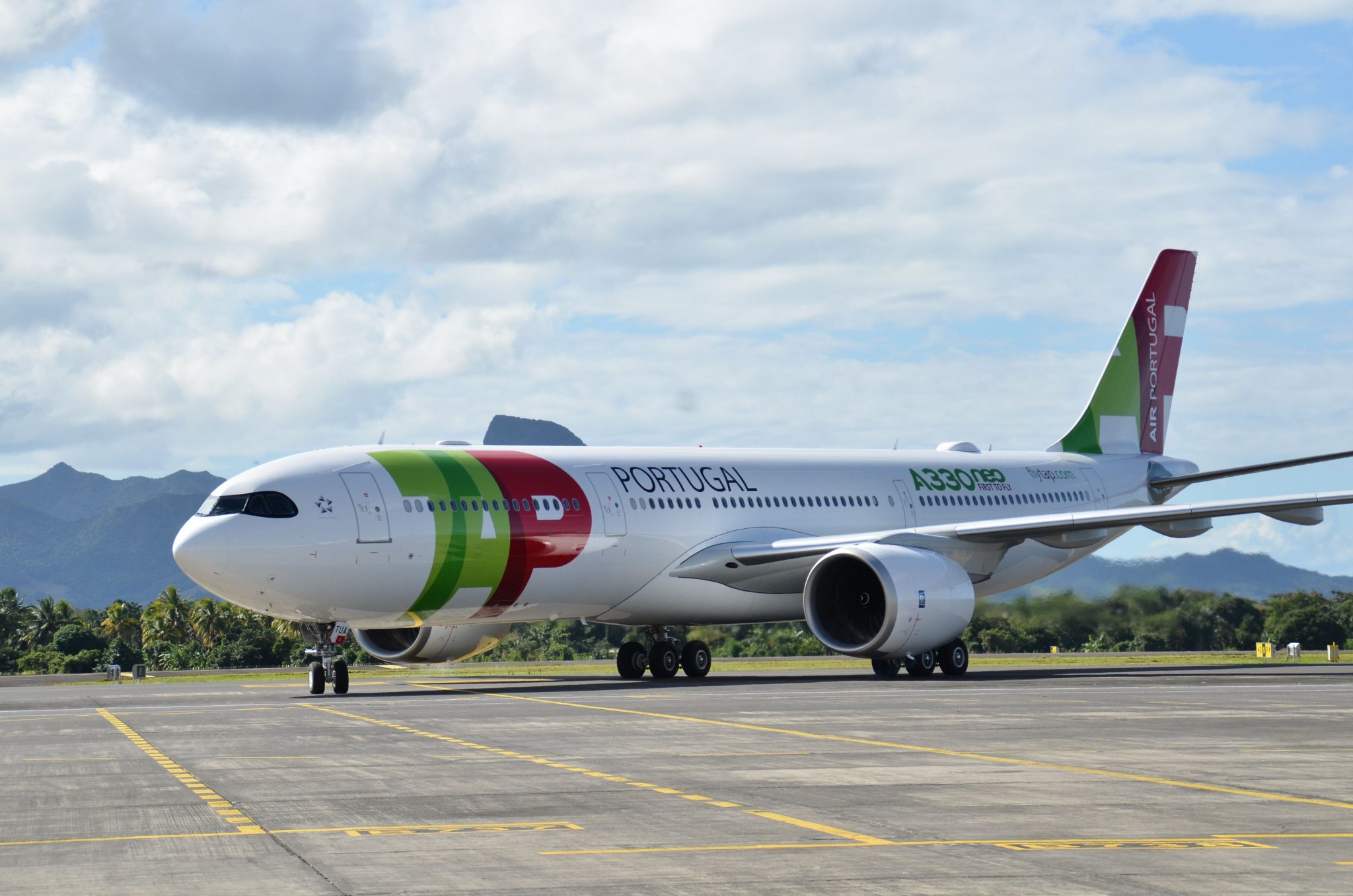
For the last four months, flight attendants, pilots and even some passengers have been feeling nauseous, dizzy and faint on TAP Air Portugal’s brand new Airbus A330NEO long-haul aircraft. The symptoms are sporadic and appear to be linked to what is being described as “odour events” that could be linked to the planes Rolls-Royce powered engines or the air conditioning system.
The situation got so bad that both TAP Air Portugal and Airbus launched an investigation a few weeks ago, and the European Air Safety Authority (EASA) has been briefed on the situation. On at least one occasion, media reports out of Portugal claim pilots have been forced to don oxygen masks because of the fumes, while on other occasions flight attendants have fainted or felt dizzy and fatigued while working on the A330NEO.
A spokesperson for the Lisbon-based airline, however, claims that “exhaustive” tests have revealed that the air quality on its A330NEO’s is within recommended limits and that experts have been unable to find any link between the odour events and reports of crew illness.
“The test results analysis, provided by an independent and recognised laboratory, showed the absence of any hazardous air contamination,” a spokesperson for the airline explains.
“In conclusion, it demonstrates that there is no toxicological threat when a cabin odour event occurs.”
“After detailed analysis and measurements carried out by external laboratories, we can demonstrate that the cabin air quality does not present any health risks, even taking into account the outstanding reports of sporadic cabin odours in flight.”
A statement provided by aerospace giant Airbus also refutes any link between the odours and crew or passenger sickness. “The manufacturer (Airbus) ensures that the smell and sickness are not directly correlated with each other and that both Airbus and TAP reject that there is a detrimental effect on the health of crew and passengers,” a rep told Portuguese newspaper, Diario de Noticias.
Yet, despite these test results, Airbus has told TAP Air Portugal that while it has put the strange smells down to the engines and air conditioning system, it still cannot “rule out other potential causes for the problem”.
Airbus says it is planning on putting in mitigating solutions as soon as possible. Monitoring equipment remains on board in a bid to identify exactly what is going on.

The airline shared the full test results with staff last week in a bid to be seen as ” fully open and transparent” about the situation. The National Union of Civil Aviation Flight Personnel (SNPVAC) who represent many TAP cabin crew say that they might stage a strike unless action to remedy the situation isn’t taken “in a very short time”.
There are suggestions that crew sickness is being caused by a lack of oxygen in the cabin – referred to as hypoxia. The Association of Portuguese Airline Pilots (APPLA) says it is seeking independent analysis and testing to get to the bottom of what’s causing these problems.
TAP Air Portugal has already taken delivery of six brand new A330NEO’s and was the launch customer of the aircraft type in November 2018. It’s unlikely that assurances from both TAP and Airbus will bring this story to an end just yet so it will be interesting to see what solutions Airbus comes up within the next few weeks.
Delta Air Lines recently started flying its first Airbus A330NEO on long-haul missions, so if similar issues are reported there, that could prove be a big game changer for this story.
Related
Mateusz Maszczynski honed his skills as an international flight attendant at the most prominent airline in the Middle East and has been flying ever since... most recently for a well known European airline. Matt is passionate about the aviation industry and has become an expert in passenger experience and human-centric stories. Always keeping an ear close to the ground, Matt's industry insights, analysis and news coverage is frequently relied upon by some of the biggest names in journalism.







